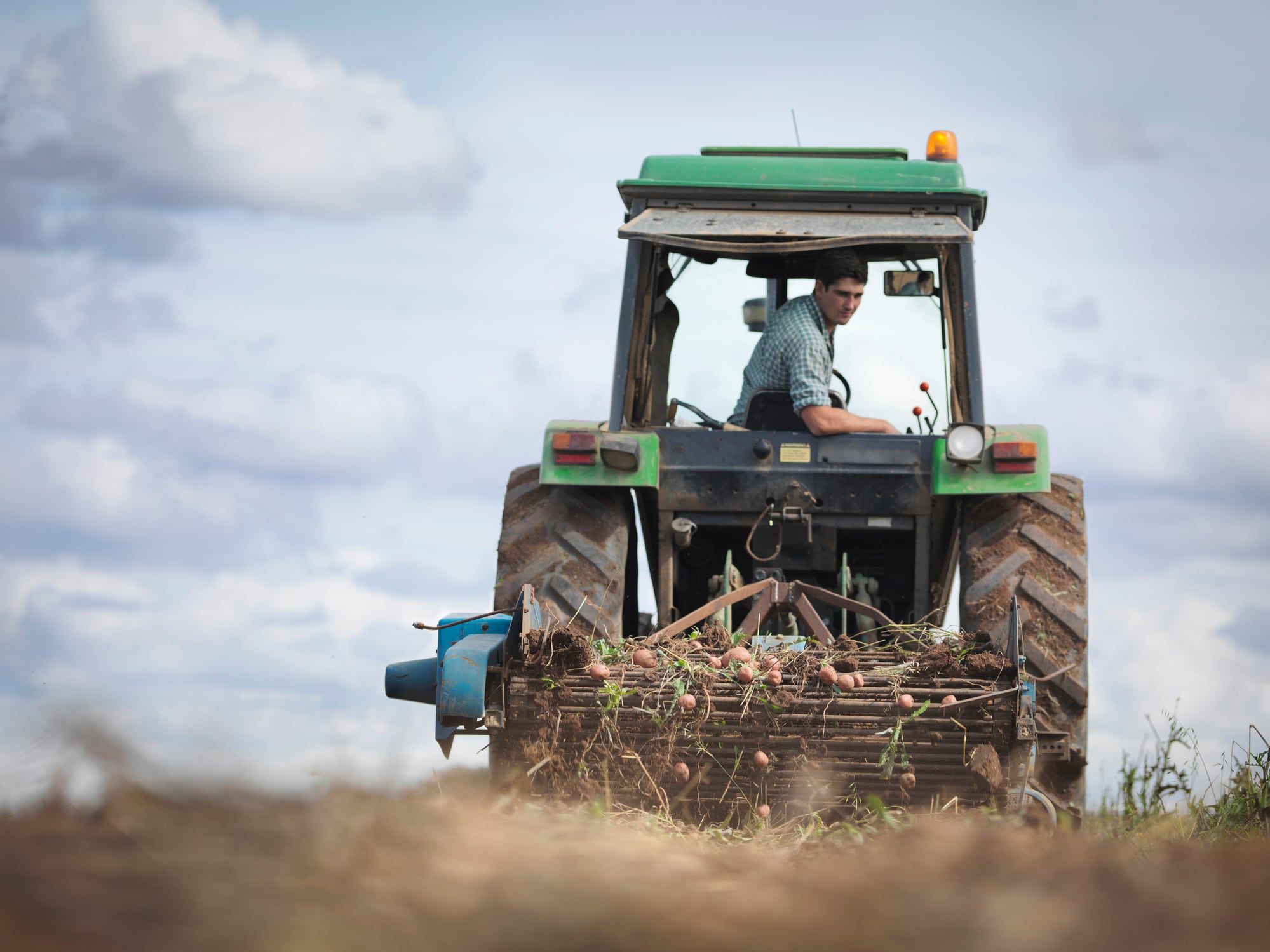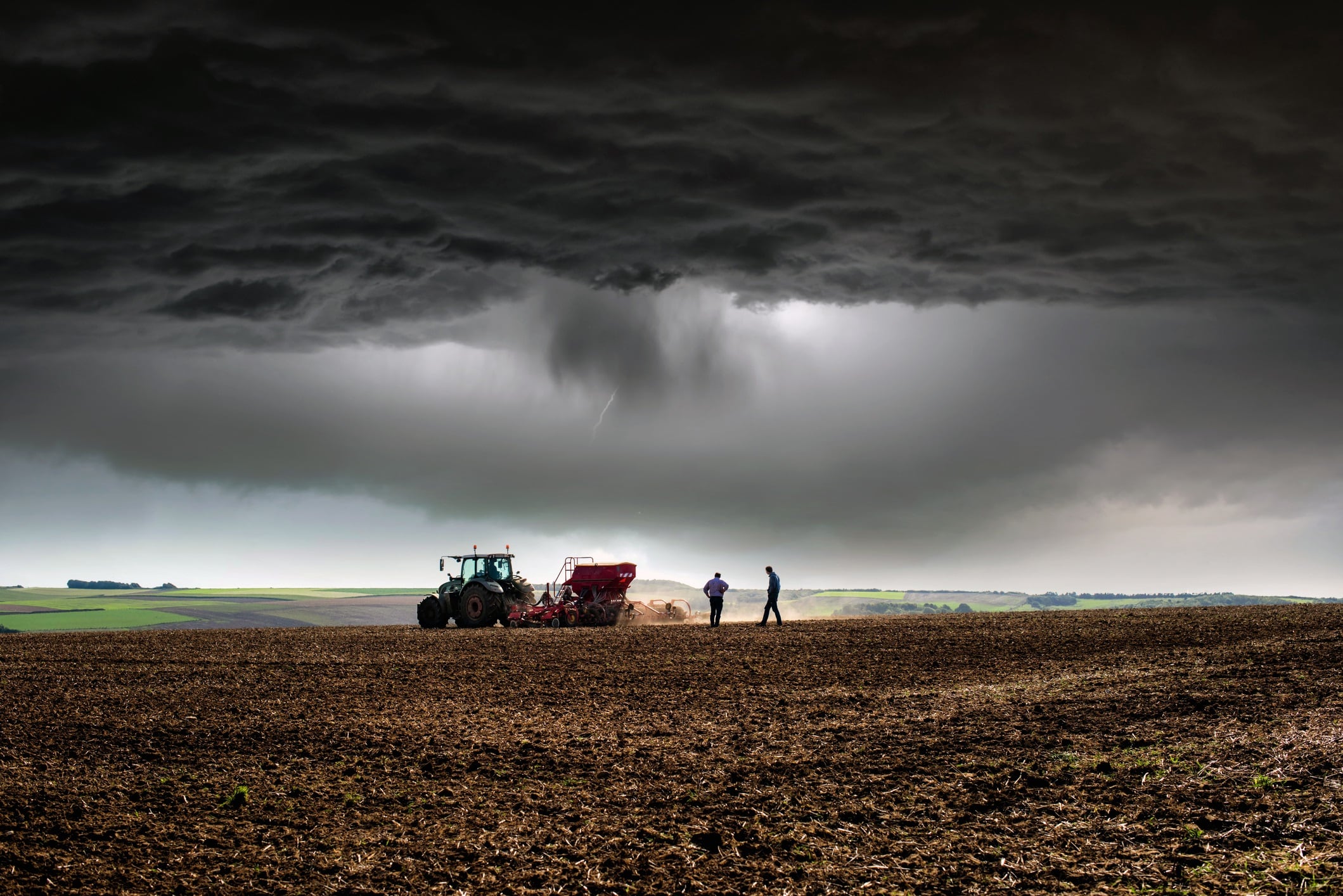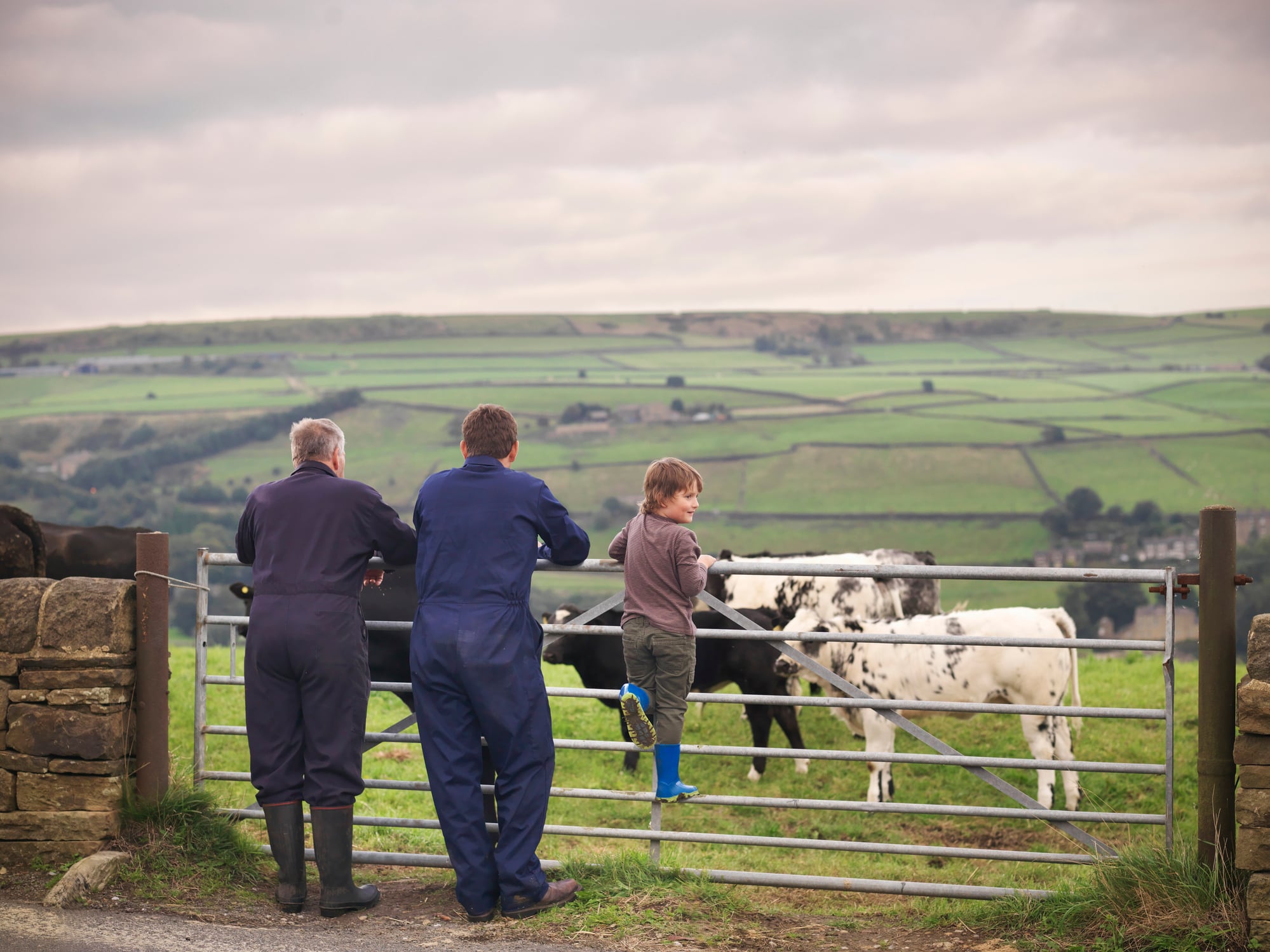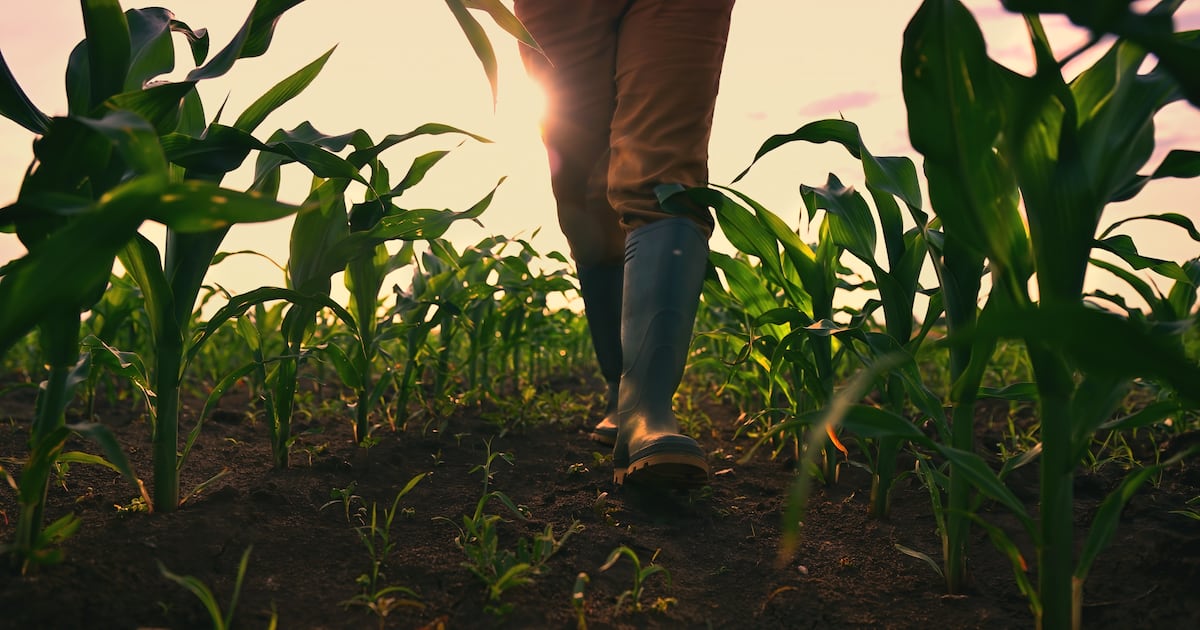The number of farmers in Europe is dropping.
In fact, according to Eurostat, there is a long-established downward trend in the number of people working in the EU’s agricultural sector. During the period between 2009 and 2024, there was a loss equivalent to 3.5m full-time workers across the EU.
Added to that is the fact that just 11% of farms in the EU are run by people under the age of 40. In other words, young people simply aren’t interested.
“European agriculture is experiencing a demographic crisis,” says Emma Berthaud of insights firm FoodUnfolded.
This begs the question, who will produce food for the next generation?
Who will feed the next generation?
“Recruiting the farmers of tomorrow, who will be trailblazers in adopting sustainable practices, is essential if we want to feed our growing population,” says Klaus G Grunert, professor of marketing at Aarhus University and lead of EIT Food Consumer Observatory.
To that end, EIT recommends industry stakeholders, including policy makers and educators, focus attention on how technology is revolutionising food production, to help attract people to the industry.
This will help to:
- Excite and inspire young people about new opportunities in farming.
- Reassure people that farming is a great industry to be a part of. Poor working conditions associated with agricultural work, especially the manual labour required, are a powerful and prevalent demotivator. Technology can help to tackle the sector’s reputation for hard, exhausting manual labour by automating and digitalising some tasks.
The industry is also urged to present technology as being complementary to connecting with nature, rather than damaging to it. While technology excites some, it is also seen as an intruder on the farm, especially for those who value agricultural work for its ability to bring people closer to nature. To shift this view, industry insiders are urged to highlight technology’s ability to enable more sustainable agriculture in order to protect nature.
 The farming industry is urged to remove perceived barriers to entry, such as the negative view of pay. (Image: Getty/Monty Rakusen)Remove barriers to entry
The farming industry is urged to remove perceived barriers to entry, such as the negative view of pay. (Image: Getty/Monty Rakusen)Remove barriers to entry
Governments and industry stakeholders are urged to address the biggest barriers young people face when considering a career in farming.
They must:
- Reduce risks: Young people need to be assured that the very real risks involved in agriculture, such as climate change damaging and destroying crops, can be mitigated.
- Clarify pay: Younger generations are concerned about low pay in the sector. Career advisory resources need to outline roles available in the agricultural sector and the financial opportunities they present.
- Make sustainability inspiring: The sustainability-minded are divided. Is it possible to solve agriculture sustainability challenges, or is it a losing battle? To feel inspired, young people need to believe significant change is already happening and will continue to be possible in the future, representing an opportunity rather than a burden.
- Finally, exposure is key. The sector needs to shout about itself and the chances available. “Young people want stronger connections with the agri-food industry, and hands-on learning is key to this,” says Carl Edwards, director of education and public engagement at Linking Environment And Farming (LEAF). “If they can’t see or experience farming, they won’t value or consider it as a career. Representation and exposure are key to making the sector feel accessible.”
 Young people need to be assured that the very real risks involved in agriculture, such as climate change damaging and destroying crops, can be mitigated. (Image: Getty/DEBOVE SOPHIE)Governments need to do more
Young people need to be assured that the very real risks involved in agriculture, such as climate change damaging and destroying crops, can be mitigated. (Image: Getty/DEBOVE SOPHIE)Governments need to do more
Governing bodies across Europe, including the EU itself, have fallen foul of farmers in recent years. From the failed pesticide bill to low food prices, farmers have protested interventions in recent years.
“Contentious political debate across Europe makes pursuing an agricultural career more unattractive for young people,” says a spokesperson for EIT. “There is a strong belief that farmers, especially small-scale farmers, are not valued nor adequately supported by governments. Instead, they are burdened with administration and sustainability demands.”
This sense of a lack of respect reduces the social status of agricultural work, which makes the sector even less attractive to younger generations.
“Policies and narratives from policymakers need to demonstrate that agricultural professionals are valued and respected,” says a spokesperson for EIT.
 Policies and narratives from policymakers need to demonstrate that agricultural professionals are valued and respected. (Image: Getty/Monty Rakusen)Agriculture is a vital public service
Policies and narratives from policymakers need to demonstrate that agricultural professionals are valued and respected. (Image: Getty/Monty Rakusen)Agriculture is a vital public service
Food production is one of, if not the most important industry. Yet it remains undervalued.
“The aspiration to do good seems to be a common motivator to choose agricultural careers,” says a spokesperson for EIT. “When communicating about agricultural careers it may be effective to prioritise targeting people who aspire to do good and frame agricultural careers like public service jobs.”
 Getting young people into farming is essential to feeding future generations. (Image: Getty/Adam and Kev)
Getting young people into farming is essential to feeding future generations. (Image: Getty/Adam and Kev)
